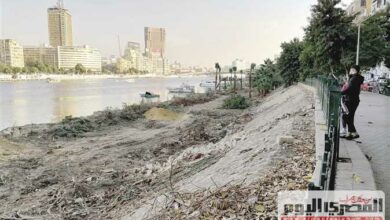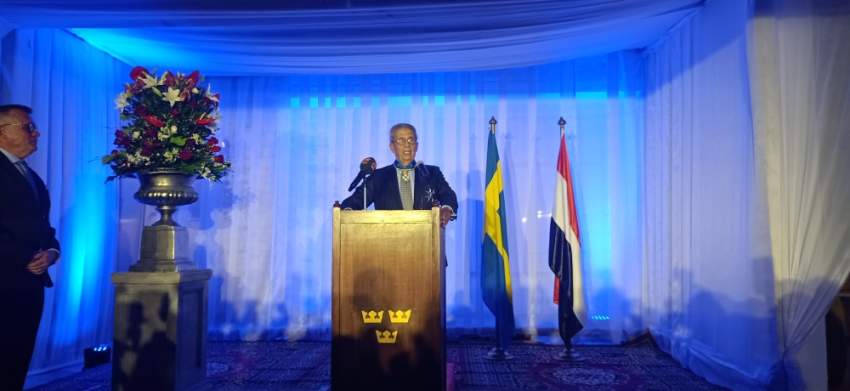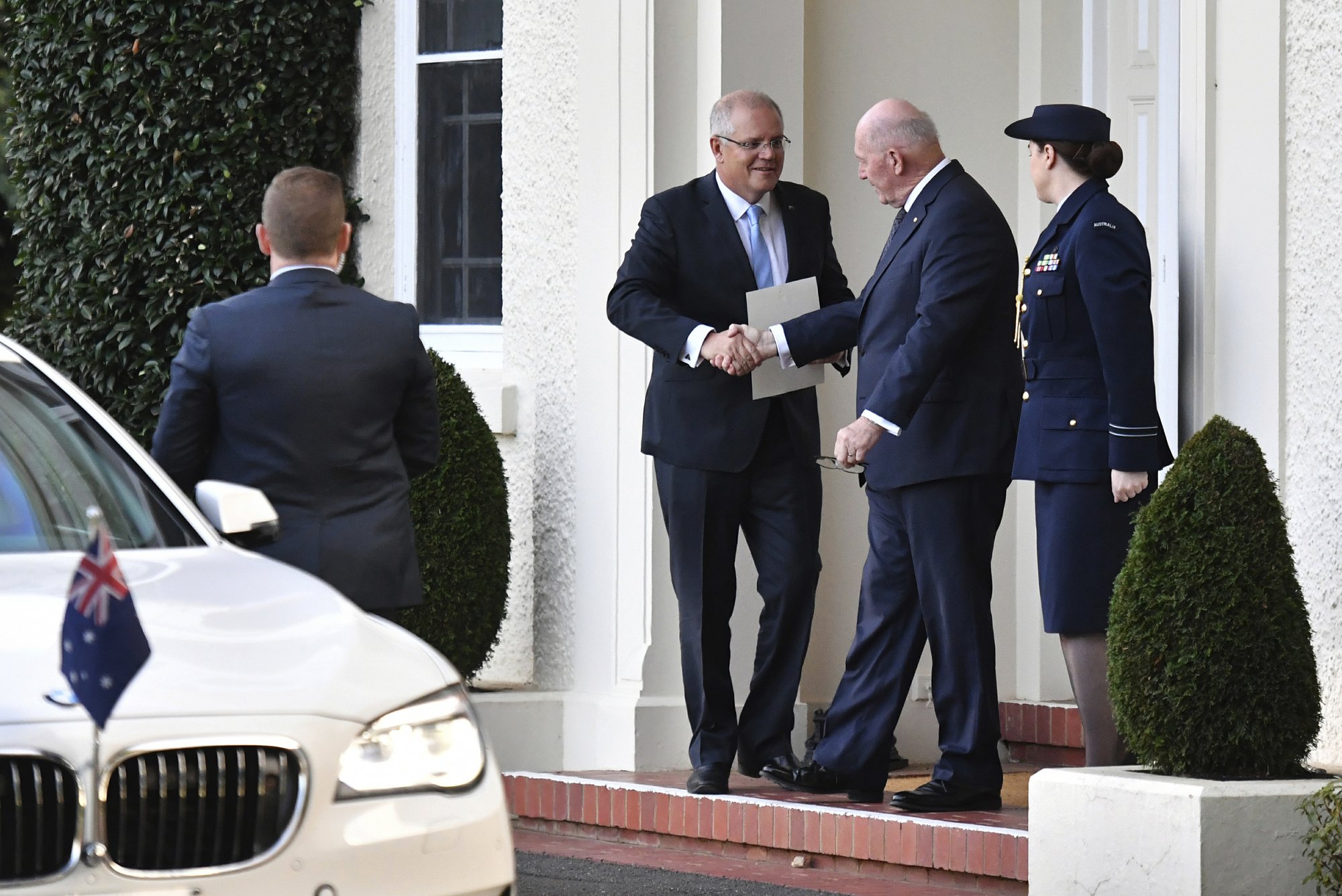The results of a poll published Monday on who Egyptians support for president show former Arab League chief Amr Moussa leading the race with 30.7 percent.
Egypt will hold presidential elections — the country’s first since the ouster of former President Hosni Mubarak last year — on 23 and 24 May. The announcement of the final results is slated for 22 June.
The survey, published by state-run al-Ahram newspaper, was conducted from 31 March to 3 April. It polled 1,200 respondents from different governorates, with a margin of error of 4 percent.
Results of the poll published came as follows:
1. Amr Moussa, 30.7 percent
2. Salafi preacher Hazem Salah Abu Ismail, 28.8 percent
3. Dissident Muslim Brotherhood member Abdel Moneim Abouel Fotouh, 8.5 percent
4. Former intelligence chief Omar Suleiman, 8.2 percent
5. Former Prime Minister Ahmed Shafiq, 7.5 percent
6. Nasserist Karama Party Chairman Hamdeen Sabbahi, 3.9 percent
7. Islamic lawyer and intellectual Mohamed Selim al-Awa, 3.2 percent
8. Brotherhood nominee Khairat al-Shater, 1.7 percent
9. Ghad al-Thawra party Chairman Ayman Nour, 1.4 percent
10. Prime Minister Kamal al-Ganzouri, 1.3 percent
11. Hesham al-Bastawisi, 0.8 percent
12. Others, 3.8 percent
As the poll shows, Moussa tops the chart despite the narrowing gap between him and Abu Ismail. The controversy around Abu Ismail’s mother’s nationality seems to have earned the Salafi preacher more popularity, with the survey recording six additional points for him, up from last week.
While Sabbahi still holds his sixth rank, Shater appeared for the first time, but with a low support rate of 1.7 percent, which Al-Ahram said unveils a difficulty facing the group’s former supreme guide on his way up the list.
However, the poll was conducted before the Brotherhood officially declared Shater as its candidate.
According to Al-Ahram, Abu Ismail’s exclusion would lead his voters to split between other hopefuls, a possibility that could completely reshape the race.
Asked about their back-up candidate, 32 percent of Abu Ismail supporters said they would move to Abouel Fotouh, while 29 percent opted for Moussa.
The poll highlights differences in the social background of supporters of each of the front runners. Abouel Fotouh depends most on urban communities, which represent 59 percent of his backers, while Abu Ismail is most reliant on rural voters, who account for 60.5 percent of his supporters.
Forty-three percent of Egyptians live in urban areas, while 57 percent live in the countryside.
Concerning voters’ educational backgrounds, the poll reveals that Abouel Fotouh enjoys the highest rate of support of holders of university degrees, who comprise 28 percent of his supporters. However, those highly educated voters account for no more than 12 percent of the total population.
Suleiman appears to rely most on less-educated voters, who make up 47.2 percent of his supporters. These voters represent 38 percent of the population.
Moussa’s supporters, the poll shows, appear to be from diverse educational backgrounds in a way that is close to the actual distribution of citizens older than 18.
The poll also questioned participants about their views of the Constituent Assembly, which was formed in late March — 82.3 percent of respondents said the assembly should be reformed to achieve consensus between political parties, while 17.7 percent said the current formation should be maintained.




